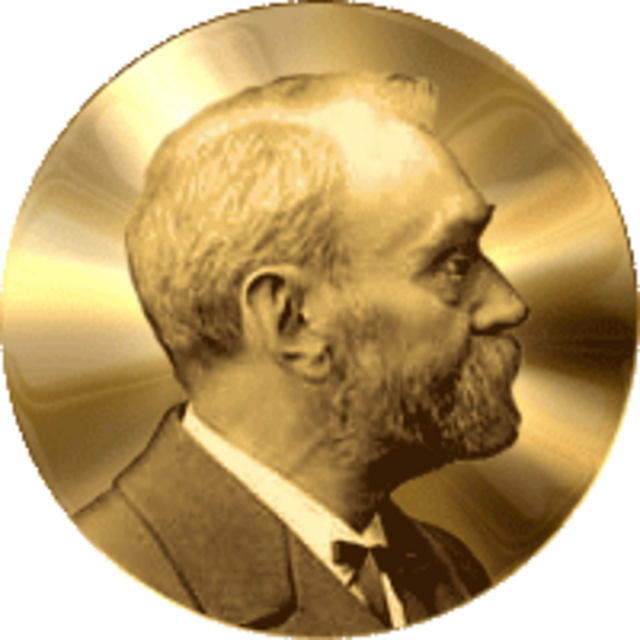The arrival of October marks the much-anticipated Nobel Prize season, a time when the world turns its attention to the prestigious awards that recognize outstanding contributions across various fields. Established in the memory of Alfred Nobel, a Swedish inventor and philanthropist, the Nobel Prizes are awarded annually in the domains of Physics, Chemistry, Physiology or Medicine, Literature, Peace, and Economic Sciences. The 2024 announcements are set to take place from October 7th to 14th, and they will be broadcast live on the official Nobel Prize website and YouTube channel.
- The Nobel Prizes, established by Alfred Nobel, honor outstanding contributions in Physics, Chemistry, Medicine, Literature, Peace, and Economic Sciences.
- The 2024 announcements will take place from October 7th to 14th, with extensive international media coverage and live broadcasts on the official Nobel Prize website and YouTube.
- The Nobel Prize selection process is rigorous, with nominations kept confidential for 50 years, adding to the prestige of the awards.
- The 2023 Nobel laureates include Katalin Kariko and Drew Weissman for mRNA vaccines, and Narges Mohammadi for her advocacy for women’s rights in Iran.
Several international media outlets are expected to cover the event extensively, reflecting the global interest these awards garner each year. The Nobel Prizes are highly regarded for their recognition of excellence, and the laureates are celebrated for their groundbreaking work that benefits humanity. Since the inception of the awards in 1901, they have remained a symbol of intellectual achievement and humanitarian effort.
Alfred Nobel, in his will, allocated his fortune to establish these awards, envisioning them as a means to honor those who contribute significantly to society. The Nobel Peace Prize, in particular, is awarded by a select committee in Oslo, while the others are presented in Stockholm. The addition of the Sveriges Riksbank Prize in Economic Sciences in Memory of Alfred Nobel in 1968 expanded the scope of the awards, further solidifying their importance in the modern world.
The process of selecting Nobel laureates is meticulous and involves several stages, beginning with nominations from recognized individuals and organizations. The Norwegian Nobel Committee, responsible for the Peace Prize, engages in thorough evaluations with the help of permanent advisers and external experts. The goal is to reach a unanimous decision, although a majority vote is sometimes necessary. The nomination details are kept confidential for 50 years, adding to the mystery and prestige surrounding the selection process.
The 2023 Nobel Prize winners exemplify the diversity and impact of the awards. In Physiology or Medicine, Katalin Kariko and Drew Weissman were recognized for their work on mRNA vaccines, crucial in combating COVID-19. The Physics prize celebrated the achievements of Pierre Agostini, Ferenc Krausz, and Anne L’Huillier in the study of electron dynamics. Chemistry laureates Moungi G. Bawendi, Louis E. Brus, and Alexei I. Ekimov were honored for their pioneering work on quantum dots.
In the realm of literature, Norwegian author Jon Fosse received accolades for his innovative narratives, while Narges Mohammadi was awarded the Peace Prize for her advocacy for women’s rights in Iran. The Economics Prize went to Claudia Goldin for her analysis of gender disparities in the labor market, showcasing the wide-ranging impact of the Nobel Prizes on global discourse.
As the world awaits the 2024 announcements, the Nobel Prizes continue to inspire and acknowledge those who strive to make significant contributions to society. These awards not only highlight extraordinary achievements but also encourage future innovations and endeavors that can shape the world for the better.

